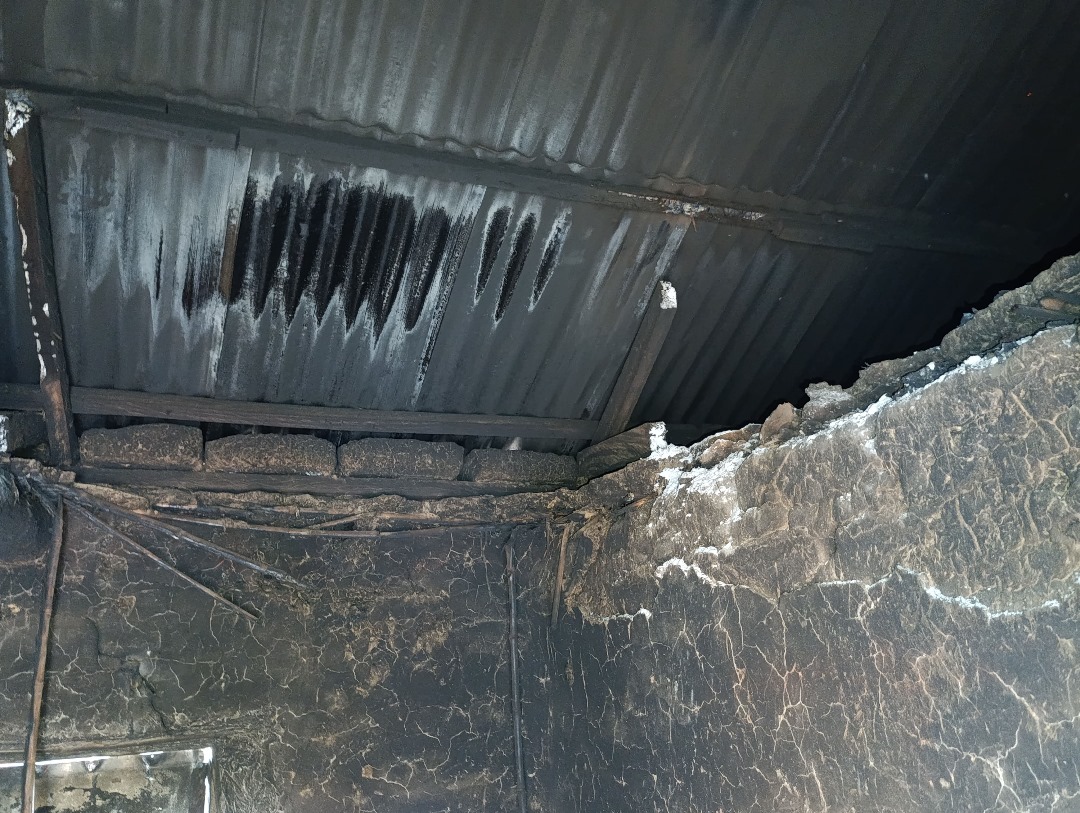The Night They Come: Living with Fear in Northern Nigeria
By Mike Odeh James
They strike as early as 10 p.m.—ghosts in the night, their arrival announced by sporadic gunfire and the haunting rhythm of their war cries that echo through the sleeping village. The sound alone freezes the heart. Families—fathers, mothers, sons, and daughters—huddle together in the dark, whispering prayers and trembling in silence. Some wet themselves; others shake uncontrollably. Mothers press trembling palms over the mouths of their infants, terrified that a single cry could summon death.
In that chaos, families scatter for survival. Some crawl into gutters filled with dirty water; others flee into uncompleted buildings, clinging to walls and praying the killers pass them by. Many rush into the bush, barefoot, with nothing but their nightclothes—unaware that snakes and scorpions lie in wait. A few hide inside the ceilings of their homes, hearts pounding as they hear footsteps below. The Fulani terrorists comb every house, every corner of the bush, searching for movement, for breath. At times, they set entire buildings ablaze, cooking whole families alive. And if they find you hiding, they shoot without hesitation.
The father, desperate and shaking, reaches for the hotline number the military had promised would bring help. He dials it again and again. It rings endlessly, unanswered—until despair becomes familiar.
For four long hours, gunfire rains. The Fulani terrorists—though not all Fulani are killers—move with ruthless precision, torching homes, dragging victims away, firing into the night. Then, as suddenly as they came, they vanish into the blackness—quietly, almost peacefully—leaving behind a village soaked in tears and fear.
When the sun rises, the true horror unfolds.
A neighbour’s wife has been taken.
A young boy lies still, his eyes wide open.
Another man limps, clutching a bleeding leg.
You hear someone whisper, “God, when will this end?”
But deep down, everyone knows—it won’t. Not yet.
They come twice a week now. They will move to the neighbouring villages and later cycle back
Each raid feels like a rehearsal for death. The nights grow longer, the days emptier. And in the daylight, the government’s words sound cruelly hollow.
Former President Muhammadu Buhari once warned Nigerians not to “stereotype the Fulani” for the sins of a few. The Sultan of Sokoto also cautioned against revenge killings. And the presidential spokesman, Femi Adesina, mocked the bereaved, asking, “Why don’t you give up your ancestral lands instead of dying for them?”
Soldiers clamped down youths who may have dane guns for self defence
But how do you give up the land that holds your father’s bones?
How do you abandon the soil that carries your children’s footprints?
It continued. Then, suddenly, I realised I had grown used to being woken at 10 p.m. every night. Even when there was no attack, my mind refused to rest. Sleep became a memory. I could not close my eyes until 5 a.m. My face thinned, my body weakened. I was becoming a ghost of myself.
When I finally went to the hospital, the doctor sighed deeply.
“You have acute high blood pressure and insomnia,” he said softly. “If you don’t rest, it could kill you.”
He paused, then added, “You’re not the only one. I’ve treated over 50 people with the same symptoms this week.”
Another doctor, a friend, told me he had seen 34 others—each suffering from the same silent torment.
We are the living dead—the unseen casualties of endless fear. We may not have been shot or kidnapped, but we are dying slowly, from the inside.
We are the other victims of Fulani terrorism, abandoned by a government that failed to protect us, betrayed by leaders who preach peace while we bury our neighbours.
And still, every night, at exactly 10 p.m., I wait for the sound of gunfire—because silence, too, now sounds like war.
An excerpt from Mike Odey’s yet to be published book…..


